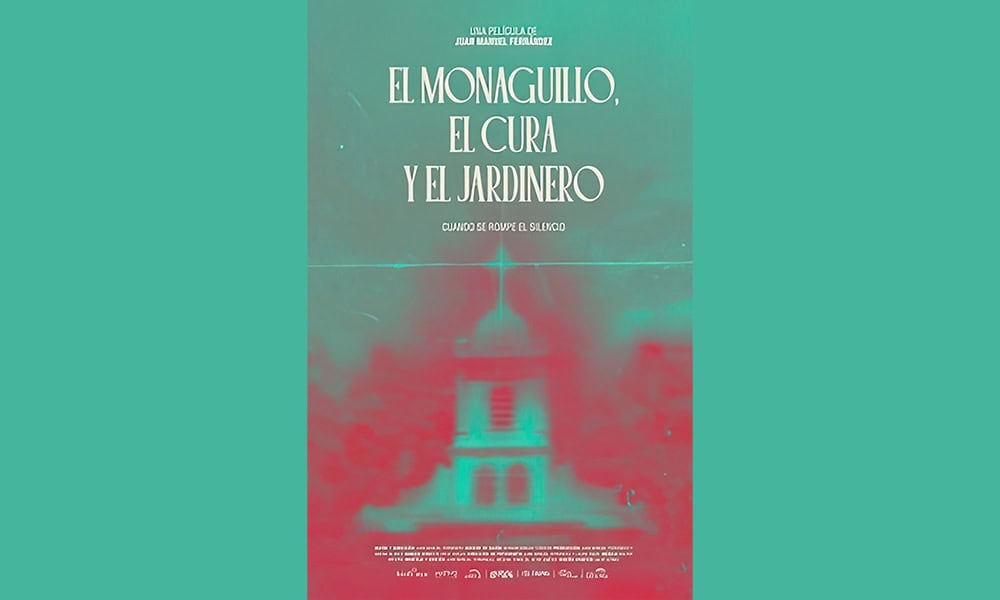Costa Rica has entered a new chapter in its film industry by submitting a single documentary for consideration in two major Academy Award categories. The film, “The Altar Boy, the Priest, and the Gardener” directed by Juan Manuel Fernández Escoto, represents our country’s first attempt to get nominations for both Best International Feature Film and Best Documentary Feature at the Oscars.
The documentary chronicles the experiences of two men who suffered sexual abuse as children at the hands of a Catholic priest. It details their long pursuit of justice, which culminated in a landmark court ruling that sentenced the priest to 20 years in prison. Fernández Escoto captures the emotional and legal struggles of the survivors, shedding light on systemic issues within the church and the broader fight against impunity in cases of clerical abuse.
This submission marks a milestone for Costa Rican cinema. While the country has previously sent entries for the Best International Feature Film category—without earning a nomination—it has never before vied for recognition in the documentary field. By putting forward the same film in both categories, Costa Rica joins a select group of nations that have pursued this strategy, highlighting the work’s dual appeal as a narrative rooted in local realities with universal resonance.
The selection process unfolded through the Costa Rican Film Center, where a council reviewed potential entries. “The Altar Boy, the Priest, and the Gardener” emerged as the choice after evaluations praised its storytelling and social impact. The film premiered earlier this year at local festivals, where it drew attention for its raw portrayal of trauma and resilience.
Fernández Escoto, a filmmaker with a background in investigative storytelling, spent years following the case. He interviewed the survivors, legal experts, and community members to build a comprehensive account. The result is a 90-minute feature that combines personal testimonies with archival footage, offering viewers a close look at the challenges faced by victims in a predominantly Catholic society.
As the Academy’s voting process begins, Costa Rican officials and film buffs express measured hope. The shortlist for both categories will be announced in December, with final nominations revealed in January ahead of the ceremony in March 2026. Success here could boost our country’s growing film making, which has seen increased international interest in recent years.
This move comes amid wider discussions in Costa Rica about addressing historical abuses. The film’s release has sparked conversations in media and public forums, encouraging more survivors to come forward. For now, the focus remains on the Oscars, where “The Altar Boy, the Priest, and the Gardener” stands as proof of the power of documentary filmmaking in driving change.






